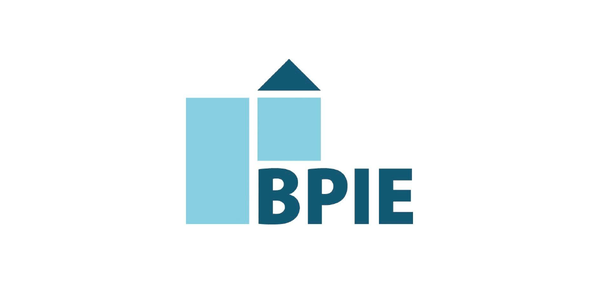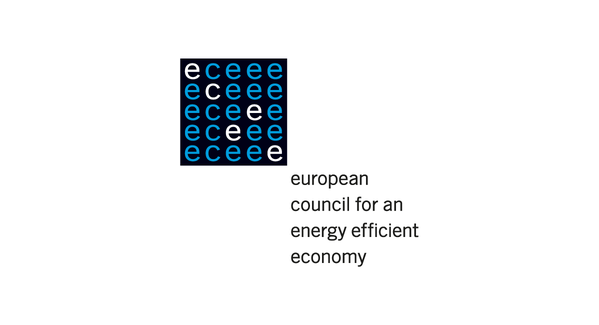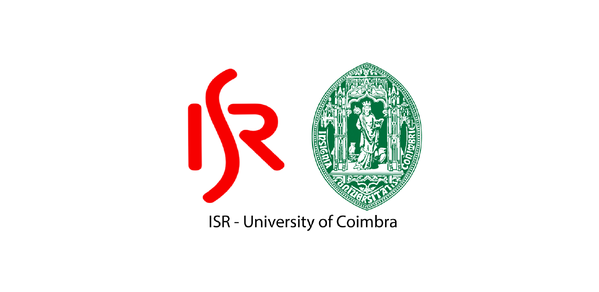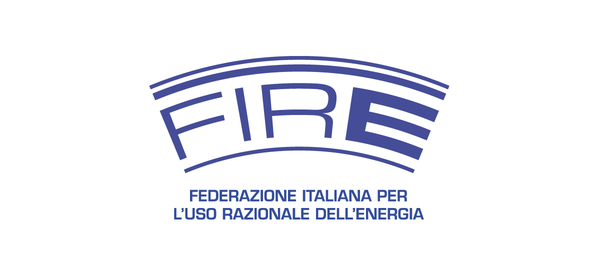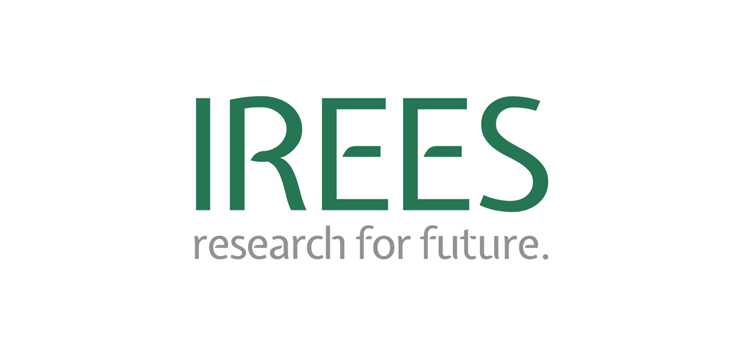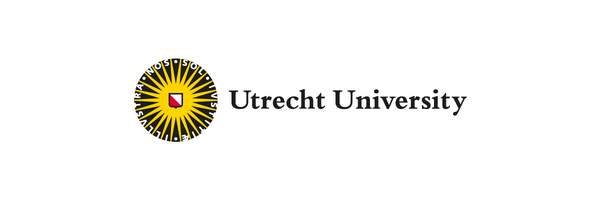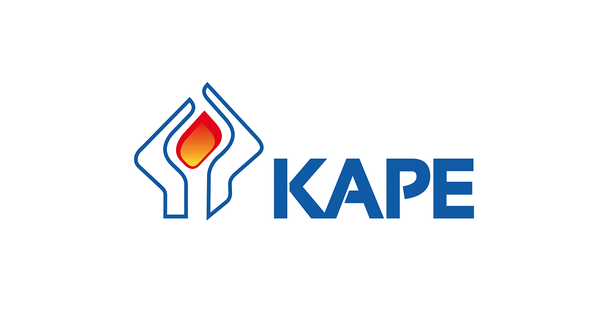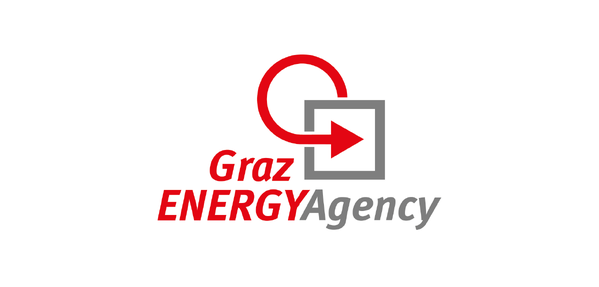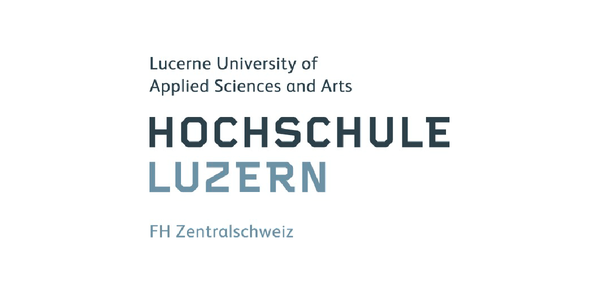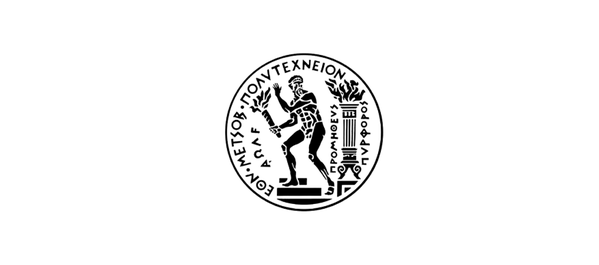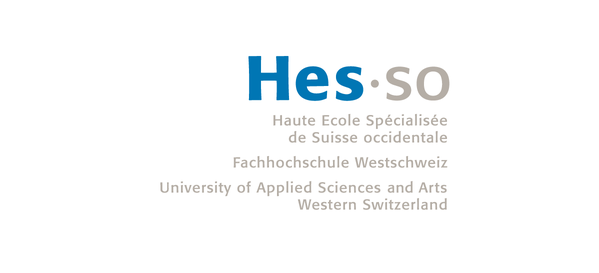Meet the partners
Fifteen partners participate in the Multiple Benefits project, led by Fraunhofer ISI in Germany. Partners represent eleven European countries, and our partner networks cover all European countries as well as most world regions.
Our core capabilities and competencies include:
- Corporate finance and financial accounting
- Investment decision making and behaviour
- Energy engineering
- Industrial process engineering and systems analysis
- Building energy systems
- Training and Serious Gaming
- Energy policy, regulations
- Strategic communications
Fraunhofer Institute for Systems and Innovation Research (ISI)
Project role: Coordinator, manages overall Multiple Benefits project
Located in Karlsruhe, Germany, Fraunhofer ISI is part of the Fraunhofer Society for Applied Research. Adding new perspectives for decision-making processes, Fraunhofer ISI analyzes the scientific, economic, social and political origins and market potentials of innovative technological developments and their impacts on the economy, state and society. The inter-disciplinary research teams focus on emerging technologies, industrial and service innovations, energy policy and energy systems, sustainability and infrastructure systems, innovation and technology management and foresight, policy and regions as well as regulation. Fraunhofer ISI collaborates closely with other universities at home and abroad. (Read more)
Borg & Co + European Council for an Energy Efficient Economy (eceee)
Project role: Lead strategic communications and dissemination.
Borg & Co is a consultancy based on Stockholm, Sweden, specialising in energy efficiency. Our core compentencies include organisational management, project management, policy analysis, public and technology procurement, and strategic communications. Borg & Co's clients are predominantly public sector agencies but also include for-profit companies as well as NGOs.
Borg & Co manages the European Council for an Energy Efficient Economy (eceee ). eceee is a non-profit, membership-based European NGO aiming to stimulate energy efficiency through information exchange and co-operation. Promote application of energy efficiency across sectors and serving over 80 organisations and several hundred individual members, eceee provides and builds evidence on energy efficiency. It does this via its networks and events including the the biennial Summer Study, which has become Europe’s prime cross-cutting energy efficiency event, and biennial Industrial Efficiency Conference. (Read more - Borg & Co) (Read more - eceee)
Buildings Performance Institute Europe (BPIE)
Project role: Lead stakeholder engagement.
The Buildings Performance Institute Europe is a not-for-profit think-tank with a focus on independent analysis and knowledge dissemination, supporting evidence-based policy making in the field of energy performance in buildings. BPIE supports a multifaceted approach to achieve efficiency improvements and to integrate renewable energy in buildings, and promotes regulatory measures and financial incentives that lead to the construction of net-zero or plus-energy buildings and the renovation of existing buildings to comparable levels. It delivers policy analysis, policy advice and implementation support, and promotes best practice approaches to improve the energy performance of buildings. (Read more)
Graz Energy Agency
Project role: Lead the Multiple Benefits trainings, including in-person training sessions and webinars.
Established in1998 as a "limited" company, Graz Energy Agency (GEA) has a staff of 15 employees. Its mission is to promote energy efficiency and renewable energies with a special emphasis on innovative energy services and behaviour change. Offering innovative solutions, tools and energy services to energy companies, municipalities and companies, its core competencies relevant to this project include: energy efficiency in buildings and energy systems (audits, management, engineering); Energy Services and Performance Contracting; Behaviour change and awareness raising; Municipal energy and climate policies; and organisational change management processes. (Read more)
Hes-So
Project role: Develop a Multiple Benefits Serious Game, to be included and promoted in the training curriculum
The largest university of applied sciences (UAS) in Switzerland, HES-SO collaborates closely with SMEs, and its R&D also extends to certain aspects of industrial-scale production. HES-SO undertakes research projects with a wide range of partners in Switzerland and abroad. In M-Benefits, HES-SO will be represented by HEIG-VD, through the Media Engineering Institute (MEI), comem. This research group focuses on digital media and serious games, having already developed several Serious Games, some of them in the field of energy management. (Read more)
Institute for Resource Efficiency & Energy Strategies (IREES)
Project role: Support the implementation and evaluation of Multiple Benefits pilot projects.
IREES - in Karlsruhe, Germany, is a private research institute established in 2006 active in the field of the sustainable use of natural resources. Particular emphasis is placed on technological and service related options of energy, material efficiency and low-emission production processes. Strategic projects within these fields include, among others, establishing local learning networks for energy efficiency in Germany and in Europe with over 800 companies. The Energy Efficiency Networks allow the interaction of investors (companies), energy engineers and moderators, and demostrate that peer learning increases energy efficiency investments relative to companies not participating in the networks. (Read more)
Italian Federation for Energy Efficiency (FIRE)
Project role: Support implementation of the Multiple Benefits training curriculum and pilots.
The Italian Federation for energy efficiency – FIRE – is an independent non-profit organization with over 400 members across the energy sector. Founded in 1987, its purpose is to promote the efficient use of energy. The association supports companies and people involved in the energy sector – both supply and demand – through its institutional activities and services. It also promotes a positive legislative and regulatory framework to foster the efficient use of energy. Since 1992 FIRE manages the Italian energy manager network. (Read more)
Lucerne University of Applied Sciences & Arts (HSLU)
Project role: Lead pilot project implementation and evaluation.
HSLU is part of the Swiss Competence Centers for Energy Research - a network of Universities and Swiss entrepreneurs - with the mandate to look for solutions to the technical, social and political energy and climate change challenges and the successfully achievement of the Energy Strategy 2050 targets. With 35 researchers HSLU strengthens the development and the dissemination of new technologies, processes, concepts and strategies to eliminate barriers to greater industrial energy efficiency in industry and service. In the field of industrial energy optimization HSLU has developed unique expertise and tools, i.e. the engineering software PinCH, to support industrial companies and engineering firms for the practical application of pinch analysis and the identification of most innovative and profitable energy efficiency solutions in process integration. (Read more)
National Technical University of Athens (NTUA)
Project role: Support implementation of Multiple Benefits training curriculum and pilots.
The Laboratory of Steam Boilers and Thermal Plants at NTUA has over 30 years of experience in energy efficiency and savings from thermal plants, heat/mass transfer phenomena, process simulation/optimization and development of advanced cycles for power generation. Areas of technical expertise at LSBTP include combustion in furnaces, steam boilers, pollutant reduction, efficient heating systems and new combustion technologies. NTUA – LSBTP is a certified body for heating systems and also performs energy inspections and seminars for buildings, boilers, heating and air-conditioning systems. (Read more)
Polish National Energy Conservation Agency (KAPE)
Project role: Supports Multiple Benefits training activities.
KAPE was created in 1994 by the Polish government with the strategic aim is to support the competitive growth of the Polish economy through improving energy efficiency while respecting the rules of sustainable development. KAPE offers complex advisory and training services in the fields of Energy Efficiency and Sustainable Development for companies and for building sector. The Agency also provides expertise for Polish government and municipalities, and conducts activities in the fields of educating and promoting rational energy use and development of Renewable Energy Sources. It is involved in a range of international projects set up as part of the European Union’s energy programmes. (Read more)
University of Coimbra (ISR-UC)
Project role: Support development of the Multiple Benefits training curriculum and pilot development, with focus on the Portugese market.
ISR-UC is a Portuguese private, non-profit research institution, associated with the University of Coimbra, was founded in 1992 with the global purpose of setting up a first class multi-disciplinary research team. ISR-UC gives special attention to international scientific research cooperation, and is involved in over 25 projects funded by industry and by Portuguese institutions such as FCT. Recent work includes the coordination of several European projects on market transformation of electric motors and drives, energy-efficient appliances and lighting, integrated resource planning in the electricity sector, local and regional energy planning, smart meters, space conditioning and distributed generation. (Read more)
University of Lausanne (UNIL)
Project role: Develop and test the Multiple Benefits evaluation, analysis and communication toolkits.
The Institute of Earth Surface Dynamics groups Earth Scientists, Environmental Scientists and Physical Geographers together, in a single institute, supported by world class field equipment, laboratories and computational capacity. The mission of the Institute is to undertake research of the highest international quality relating to earth surface processes and dynamics, over a range of space and time scales, and including environmental change whether related to human activities or natural processes. (Read more)
University of Oxford, Environmental Change Institute (ECI)
Project role: Leads development of the conceptual basis and literature review; support Multiple Benefits evidence base.
The Environmental Change Institute (ECI) is an institute within Oxford university which focuses on understanding processes of change, exploring sustainable solutions and influencing change through partnership and education. The energy research team, ‘Lower Carbon Futures’, have a track record of research on technologies, behaviour, policy formation and markets, and the links between these. The Institute also works on broader issues including infrastructures of energy supply and demand, governance, and the role of businesses, communities, local authorities and other middle actors in delivering change. (Read more)
Utrecht University
Project role: Support development of the conceptual basis for project and the toolkits.
Established in 1636, Utrecht University has nearly 30,000 students and 8,500 employees divided over 7 faculties. The activities in this project will be conducted by the Energy & Resources (E&R) group (part of the Copernicus Institute of Sustainable Development), which employs about 50 people. It conducts research and provides education on energy science and technology for sustainable development. Research activities include: energy system analysis, energy and material efficiency in industries and buildings, PV and wind energy, biomass energy, carbon capture and storage and risk assessment. E&R has a strong and diverse funding position; a large share of the research is funded by external sources, divided between scientific funds. (Read more)
